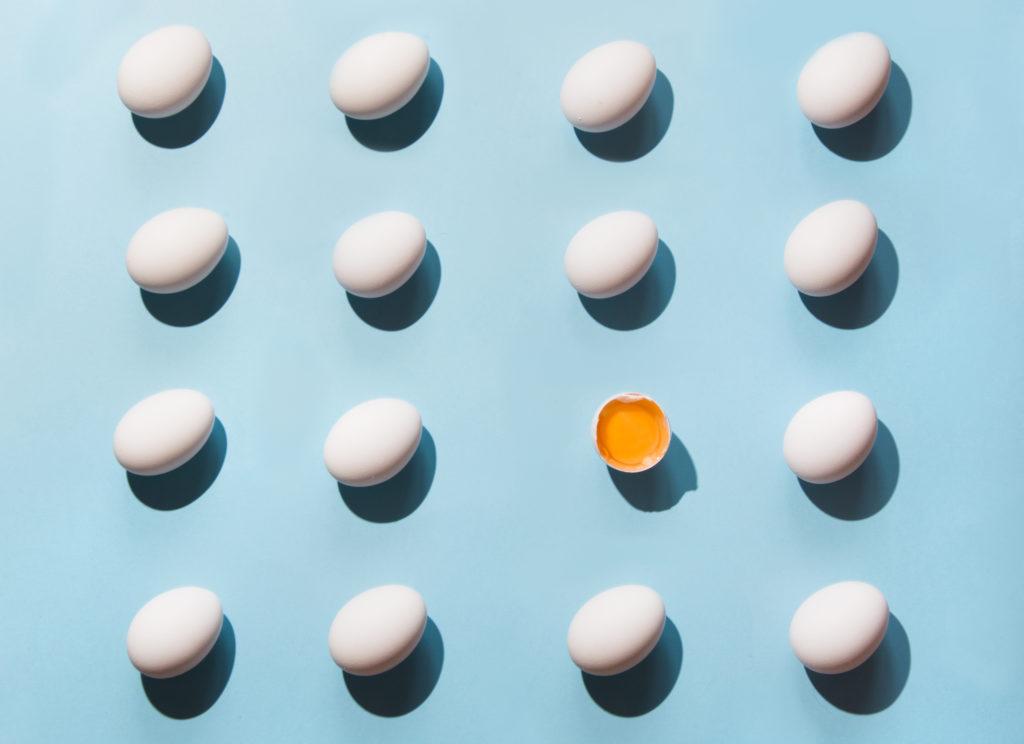Are eggs good for our health?
A lot of experts suggest incorporating eggs into a healthy diet.
Not only do eggs provide high-quality protein, but they also contain a lot of vitamins and minerals, including antioxidants.
Most of the protein in an egg can be found in its egg white, while the yolk is the source of healthy fats, vitamins, minerals, and antioxidants.
According to research, just one boiled egg contains:
- 40 percent of your daily vitamin D requirements
- 25 percent of your daily folate requirements
- 12 percent of your daily riboflavin (Vitamin B2) requirements
- 20 percent of your daily selenium requirements
And according to nutritionists, eggs also contain vitamins A, E, B5, B12, as well as iron, iodine, and phosphorus.
The budget-friendly and easy to cook food is now trending on social media. As the world faces a new crisis, the coronavirus disease 2019 (COVID-19), a lot of people seem to believe it can prevent and cure the disease.
However, it has no confirmed benefits against our ongoing fight with COVID-19. But here are other reasons why an egg is good for our health.

Source of Choline (Brain function)
The cognitive ability and memory function of the brain decreases as people age.
Choline plays an important role in our health.
One egg provides about 20 percent of the recommended daily allowance of choline.
And although many people have not heard about it before, Choline is essential for normal cell function especially during pregnancy to support healthy brain development in the baby.
Powerful antioxidants (Beneficial for eyes)
Eggs are rich in two powerful antioxidants — lutein and zeaxanthin.
These antioxidants play a protective role in reducing the risk of common eye disorders.
Cataracts and macular degeneration can be reduced by consuming adequate amounts of these nutrients.
Eggs are also high in vitamin A and omega-3 fatty acids that protect the eyes from retina damage.
The deficiency of vitamin A is one of the common causes of blindness in the world.
Healthy tissue (Tissue growth and repair)
The body needs to maintain healthy tissue and one large egg provides six grams of protein.
The growth and repair of tissue can slow down with age, wounds take longer to heal and can be more susceptible to infection.
Aside from protein, eggs also contain all the essential amino acids which further help in working with protein in our body.
Protein is also important because it aids in stronger bones, increase muscle mass and help in weight loss.
Essential minerals (Immune system)
Iron, zinc, and phosphorus are minerals present in eggs that are best for a healthy body.
Zinc maintains our immune system and turns food into energy.
Iron is required for several things, a mild iron deficiency can cause seniors to have lower energy levels that lead to less physical activity.
Eggs are also rich in iodine, which is required to make thyroid hormones and selenium.
The amino acid tryptophan can also be provided by eggs.
The body converts this to serotonin which is a neurotransmitter that is important in enhancing mood which can help promote one’s emotional wellbeing.
Omega-3 fatty acids (Healthy fat)
Omega-3 or omega-3 polyunsaturated fatty acids are “essential fats” that play an important role in our cell membranes to work.
Omega-3 fats are good for many things, from heart and brain health to protecting our eyes.
Eggs contain similar types of omega-3s that are found on fish.
Eggs are the perfect alternative for people who are unable to eat fish.
The healthy fat can also aid in kids’ cognitive development and can help prevent conditions such as heart disease and arthritis in adults.
May it be scrambled, soft boiled, sunny side up or poached, eggs are surely life-saving for breakfast, lunch or dinner.
How do you like your eggs cooked? Tell us in the comments section of this video!



